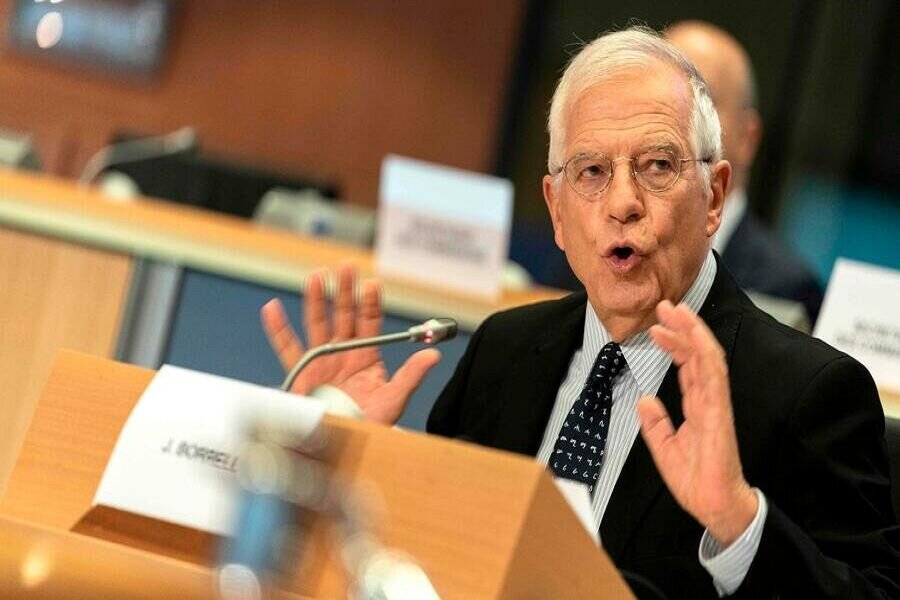EU chief urges united stance to preserve nuclear deal

TEHRAN - Josep Borrell, the new EU foreign policy chief, said on Monday that the signatories to the 2015 nuclear deal, officially known as the JCPOA, should adopt a united stance to preserve the deal.
“[The JCPOA Joint Commission] meeting on Friday showed that all sides support this agreement and seek to preserve it. This united stance is very important to us,” IRNA quoted him as saying at a press conference after a meeting with the EU foreign ministers in Paris.
Borrell said on Saturday that “collective responsibility” is needed to stop the JCPOA from breaking apart.
“We have a collective responsibility to preserve #IranDeal,” he tweeted on Saturday.
Borrell added, “Following the Joint Commission, as a coordinator, I support the call for full implementation & to reverse the recent negative trend.”
Helga Schmid, secretary-general of the European External Action Service (EEAS), said in a tweet after the meeting of the JCPOA Joint Commission that there is a “strong call for full implementation” of the multilateral agreement.
U.S. President Donald Trump quit the nuclear deal in May 2018 and introduced the harshest ever sanctions on Iran as part of his administration’s “maximum pressure” campaign against Iran.
Under the JCPOA, Iran promised to put limits on its nuclear activities in exchange for termination of economic and financial sanctions.
On May 8, exactly one year after the U.S. abandoned the deal, Tehran announced that its “strategic patience” is over and began to partially reduce its commitments to the agreement at bi-monthly intervals.
In the first stage, Iran announced that it will not limit its stockpile of the nuclear fuel to 300 kilograms allowed under the deal. On that date (May 8) Iran’s Supreme National Security Council (SNSC) said if the remaining parties to the JCPOA, especially Europeans, devise a mechanism to protect Iran from the sanctions’ effect in the two-month deadline it will reverse its decision.
But since European parties missed the deadline, on July 7 Iran announced that it has started enriching uranium to a higher purity than the 3.67%, thereby starting the second step.
Again, as Europe missed the second 60-day deadline, Iran moved to take the third step, removing a ban on nuclear research and development (R&D).
In the latest step, which started on November 6, Iran began injecting uranium gas into 1,044 centrifuges at the Fordow nuclear site. It was done at the presence of inspectors from the International Atomic Energy Agency (IAEA).
Iran’s move is in line with paragraph 36 of the JCPOA.
(Paragraph 36 provided a mechanism to resolve disputes and allows one side, under certain circumstances, to stop complying with the deal if the other side is out of compliance.)
NA/PA
